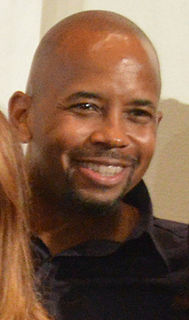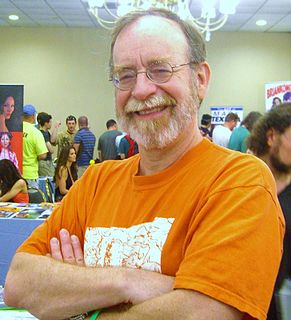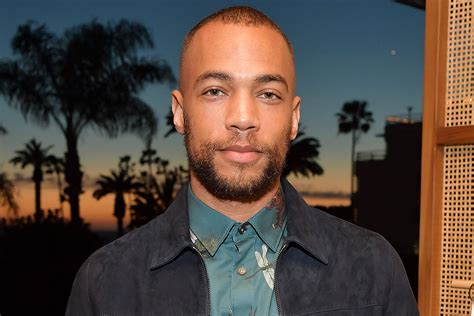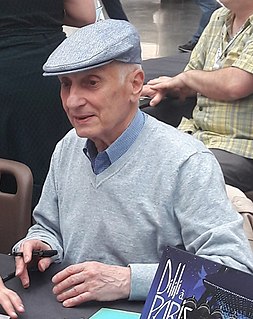A Quote by Michael Boatman
I've always been a mythology lover, and so I took a great deal of inspiration from the tales of various dark gods and popular versions of Hell from the Greeks and the Norse stories.
Related Quotes
I have always been interested in mythology and history. The more I read, the more I realized that there have always been people at the edges of history that we know very little about. I wanted to use them in a story and bring them back into the public's consciousness. Similarly with mythology: everyone knows some of the Greek or Roman legends, and maybe some of the Egyptian or Norse stories too, but what about the other great mythologies: the Celtic, Chinese, Native American?
I had been a reader of THOR in college. I had read the Stan Lee and Jack Kirby stuff. I had loved it. I had been a Norse mythology fan since I was a kid and was thrilled to discover a comic that was kind of based on Norse mythology-there's not a one-to-one correspondence, but there's no reason there should be. I was delighted to find it, and I didn't care that it wasn't exactly the myth. For one thing, Thor didn't have red hair in the comics. I was fine with that.
There’s always been a need for horror fiction, though - ghost stories have been a staple of every human society since the beginning of recorded literature - and while commercially the field may have its ups and downs, it will never go away. Hell, look at the Bible: gods, devils, ghosts, witches, giants, resurrections. That’s one big horror story. And it’s the most popular book on the planet.
Fairy tales and mythology have always been an exaggerated distillation of the real world. Think of them as blueprints for how to deal with a multitude of situations that can arise in a person's life. The beauty of them is that their analogies resonate so deeply and they also entertain while they teach.
I was nurtured on Greek Mythology and the classical epics. I lived and breathed Homer. Other mythologies - the Russian, the Norse, the Persian, the Indian, Egyptian, etc. - all came later. First and foremost were the Greeks, and they were all living in my head as though I were Zeus and they were a clamoring Chorus of Athenas.




































